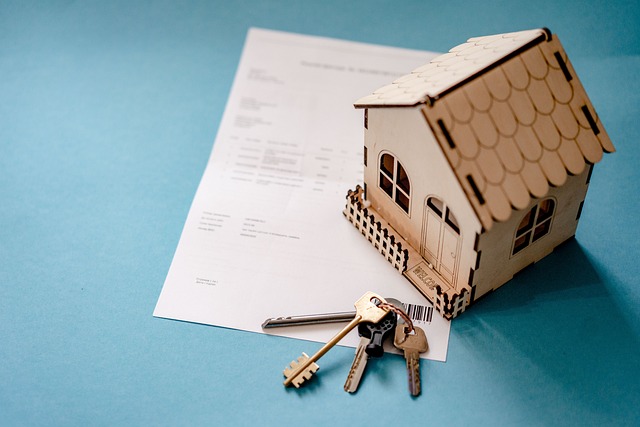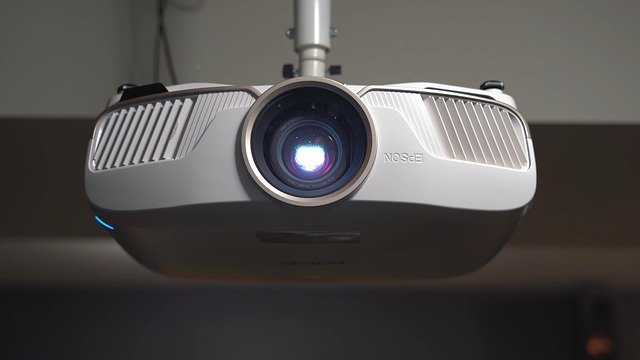Rent to Own Homes: A Path to Homeownership
Rent to own homes, also known as lease-option agreements, offer a unique pathway to homeownership for those who may not qualify for traditional mortgages. This arrangement allows potential buyers to rent a property with the option to purchase it later, typically within a specified timeframe. As the housing market continues to evolve, rent to own programs have gained popularity among both buyers and sellers, providing flexibility and opportunities in the real estate landscape.

What Are the Benefits of Rent to Own?
Rent to own agreements offer several advantages for potential homebuyers. Firstly, they provide an opportunity to “test drive” a home before committing to a purchase. This allows tenants to experience living in the neighborhood and the house itself before making a long-term commitment. Additionally, rent to own can be beneficial for those who need time to improve their credit score or save for a down payment. During the lease period, tenants can work on their financial situation while already living in their potential future home.
Are There Risks Involved in Rent to Own?
While rent to own can be an attractive option, it’s essential to understand the potential risks. One significant risk is the possibility of losing money if the tenant decides not to purchase the home at the end of the lease term. In many cases, the option fee and any additional rent credits are non-refundable. Another risk is that property values may decrease during the lease period, potentially leaving the tenant obligated to purchase the home at a price higher than its current market value.
What Should You Look for in a Rent to Own Agreement?
When considering a rent to own agreement, it’s crucial to carefully review the terms of the contract. Key elements to look for include the purchase price of the home, the length of the lease term, the amount of rent to be paid, and how much of that rent will be credited towards the purchase. It’s also important to clarify who is responsible for maintenance, repairs, and property taxes during the lease period. Seeking legal advice to review the agreement can help ensure that all terms are fair and clearly understood.
How Does Rent to Own Compare to Traditional Home Buying?
Rent to own offers a different path to homeownership compared to traditional home buying. While traditional buying typically requires a significant down payment and immediate mortgage qualification, rent to own allows for a more gradual approach. This can be particularly beneficial for those who need time to build credit or save money. However, traditional home buying often provides more immediate equity and the ability to make changes to the property without restrictions.
What Are the Costs Associated with Rent to Own Homes?
Rent to own agreements often involve several costs that potential buyers should be aware of. These may include an option fee, which is typically a percentage of the home’s purchase price and gives the tenant the exclusive right to buy the property. Monthly rent payments are usually higher than standard rental rates, with a portion potentially going towards the future purchase. Additionally, some agreements may require the tenant to cover maintenance costs or property taxes during the lease period.
| Cost Type | Description | Typical Range |
|---|---|---|
| Option Fee | Upfront payment for the right to buy | 1-5% of purchase price |
| Monthly Rent | Regular rental payment | Market rate + premium |
| Rent Credit | Portion of rent applied to purchase | 10-25% of monthly rent |
| Maintenance Costs | Potential responsibility for repairs | Varies |
| Property Taxes | Possible tenant responsibility | Varies by location |
Prices, rates, or cost estimates mentioned in this article are based on the latest available information but may change over time. Independent research is advised before making financial decisions.
In conclusion, rent to own homes offer a unique opportunity for potential homebuyers to work towards ownership while renting. This arrangement can be beneficial for those who need time to improve their financial situation or want to experience a home before committing to a purchase. However, it’s crucial to carefully consider the terms of the agreement and understand both the benefits and risks involved. As with any significant financial decision, thorough research and professional advice are recommended when exploring rent to own options in the real estate market.






